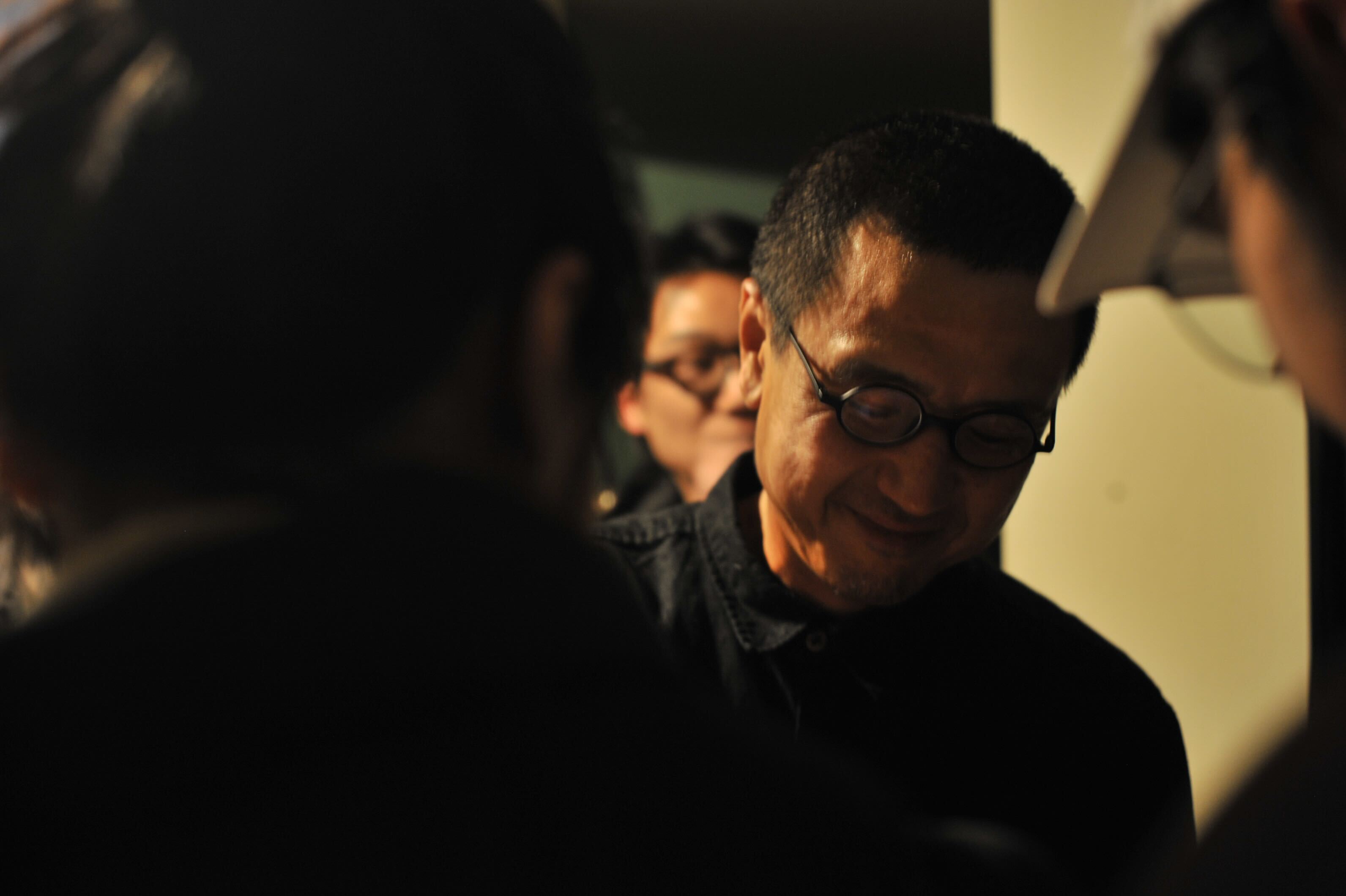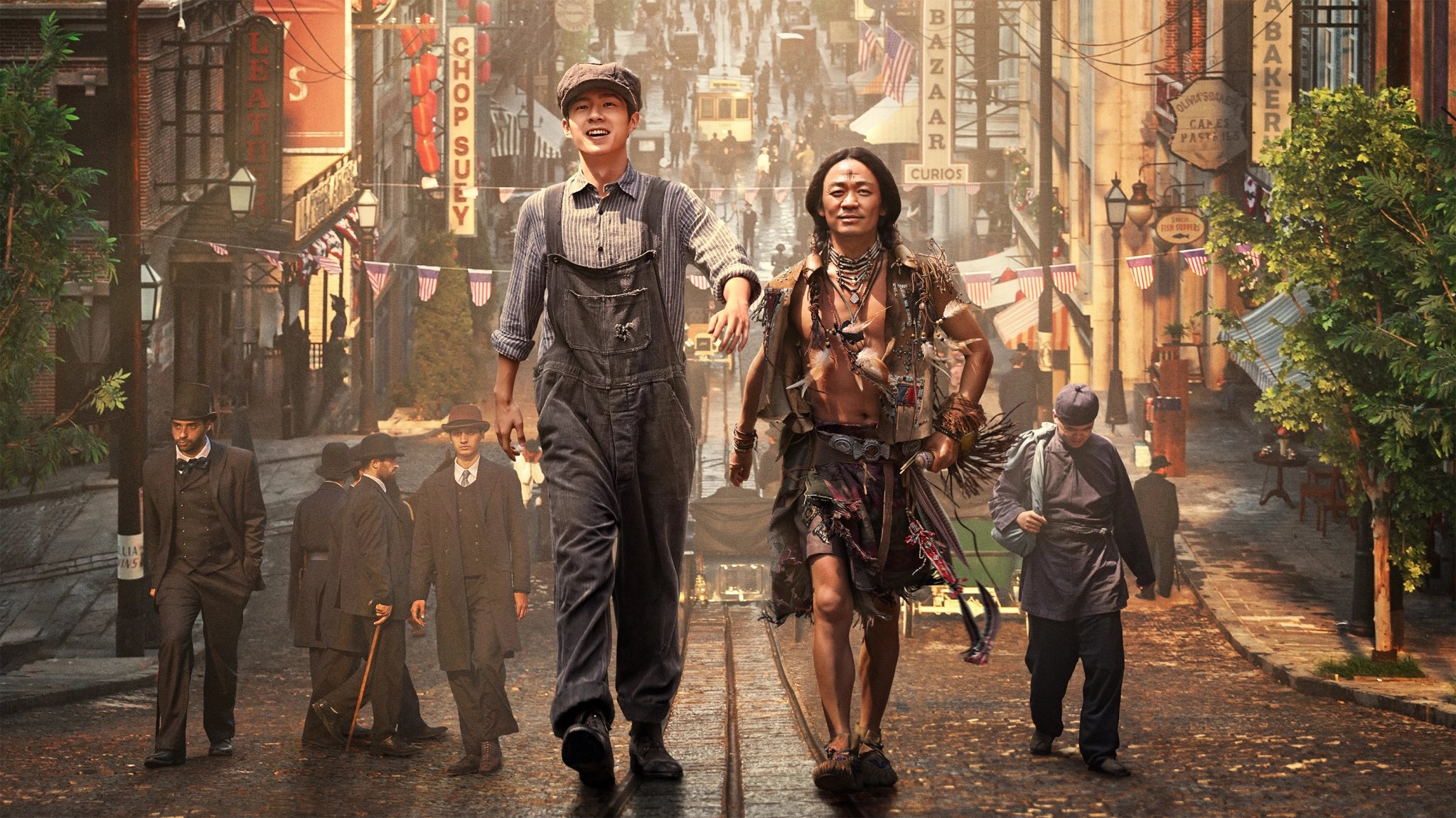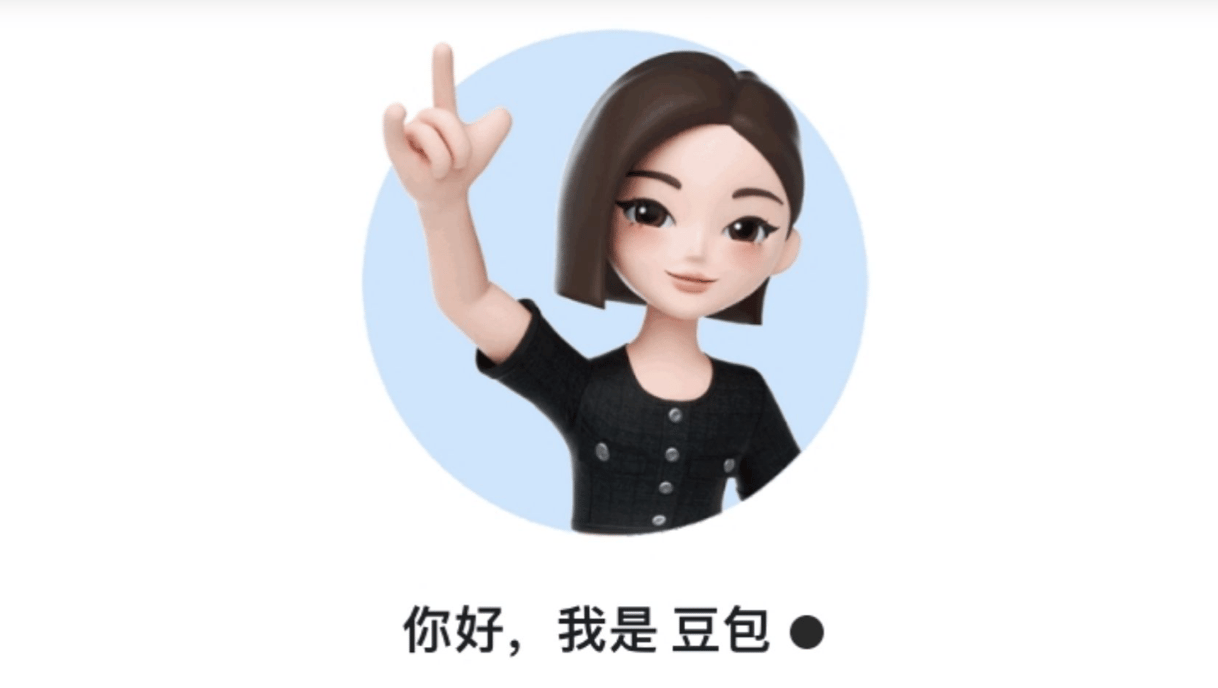On May 3, Politico revealed a leaked draft opinion that divulged the U.S. Supreme Court’s plans to overturn Roe v. Wade, a landmark decision guaranteeing legal abortion in America. The news set off a tidal wave of worldwide media coverage, debates, and discussions.
The article has also rippled to the opposite side of the Pacific.
An equally contentious topic in China, reproductive freedom has been ruffling more feathers in recent years. An increasing number of women in China are openly reluctant to have kids, and for justifiable reasons: In addition to pregnancy discrimination in the workplace, the cost of raising a child in China is growing exponentially.
Given that China has one of the fastest-growing aging populations globally, officials have been trying to promote marriage and childbirth — even going so far as advocating for university students to start families.
With a decision from the U.S. Supreme Court on Roe v. Wade seemingly just over the horizon, RADII speaks to six Chinese people of varying ages and backgrounds to weigh in on Roe v. Wade and reproductive freedom.
Reactions to the End of Roe v. Wade
More than anything, the Chinese people we spoke with have been confounded by the commotion surrounding Roe v. Wade.
Albert Wu, a 25-year-old student from Shenzhen currently living in Australia, cannot understand the logic behind the ruling.
“I have a question, even though it sounds dumb: Why wouldn’t they [the Supreme Court] allow legal abortion?” asks Wu.
“If the ruling is meant to protect women, why not just create more laws to do so?” added the vicenarian.

Cheryl Liu, a 26-year-old Ph.D. student from Guangzhou, finds the potential demise of the landmark decision disheartening.
The former international student in the U.S. says, “I think it’s sad that something women fought for years ago can be taken away so easily.”
According to Liu, the root of the problem lies in the division of social classes: “Many pro-life women, such as Justice Amy Coney Barrett, don’t fight for women’s reproductive freedom. This shows that even though they are all women, some upper-class women can’t understand what having the right to choose means to women of other classes.”
Liu stresses that a woman who has accidentally gotten pregnant might be unable to care for herself and her child simultaneously. Therefore, taking away her abortion rights almost guarantees a decreased quality of life for both.
“This is a very multifaceted issue — it goes beyond sex, social class, and politics. More often than not, views on abortion are determined by a person’s privilege, bias, and political party,” adds Liu.
Abortion in Chinese Culture
Born and raised in the South China megacity of Guangzhou, Liu links abortion laws in China with population planning policies.
“When I was studying in China, abortion was tied to the old one-child policy and premarital pregnancy. And it wasn’t restricted. Looking back, I’m not sure the true reasons for that level of freedom were necessarily good,” she admits.
Although abortion is accessible in China, the topic is still largely taboo.
RADII’s 24-year-old graphic designer, Zhuohan Shao, has witnessed sexist and discriminatory attitudes in China towards abortion.
“When I was in middle school, two classmates had sex, and she got pregnant. Unsurprisingly, the girl’s parents brought her to a hospital for an abortion. She was eventually expelled and studied abroad.”
He adds: “I had two thoughts at the time: Firstly, why can’t a girl who has had an abortion continue her education? It felt as if her reputation had been permanently stained. Secondly, why was her partner merely punished but not expelled?”
Shao’s sentiments are echoed by 40-year-old Chinese Singaporean animator John D (alias): “Some people close to me have gone through it. From what I’ve been told, the procedure is traumatic and induces a sense of shame and guilt in patients.”
Kai Wang (alias), a 32-year-old manager working in the fashion industry in Shenzhen, however, feels abortion should not be considered a right. Instead, he hopes there are policies in place to regulate the practice.
Specifically, Wang believes abortion is a moral issue. In his view, if a woman gets pregnant accidentally and has the financial means to raise the child, getting an abortion would be immoral.
Nonetheless, Wang concedes that if it proves financially challenging for the woman to raise the child, it is acceptable to have an abortion.
In addition, Wang argues for the importance of regulating abortion by pointing out the once-prevalent issue of sex-selective abortions driven by the preference for a son in China. The sexist practice even led the Chinese government to ban revealing a fetus’ gender in the country except for medical reasons.
“In China, some people still choose to get an abortion if they are having a girl because they want to have a son. Even though fewer people are doing this, this kind of sexist practice still exists,” Wang tells us, “So in China, it is important to have some sort of regulation.”
Reproductive Freedom in America vs. China
Raised in Taiwan and America but based in Shanghai for the past 15 years, 46-year-old housewife Jeanne Chow says, “Roe v. Wade is not only a milestone case for women in the United States, but also serves as a beacon for women’s rights around the world.”
Despite the case’s global relevance, Chow believes that China and America share few similarities regarding reproductive freedom.
“Both are large countries with diverse ethnic and cultural groups, religious beliefs, and drastically different political systems,” says Chow.
Liu, on the other hand, has sussed out one perceived similarity in both countries: “On a surface level, abortion policies in China and America may look very different — China allows it while America restricts it. But one thing is for sure: Both are not implementing their respective policies out of a genuine concern for women’s rights.”
Building Understanding and Moving Forward
One of the most polarizing issues in America, the right to abortion has split the nation into two factions. Many feel that it is impossible for both sides to come to an agreement.
“Fundamentally, they will never come to an understanding. However, it is important that safe abortion methods are developed and funded,” says John D.
He continues, “In Asia, abortion patients harbor a lot of unresolved, unnecessary trauma that needs to be openly worked through; they need to understand that terminating a pregnancy does not equate to infanticide.”

Chow, too, doubts that the two groups will ever come to a consensus but underscores the importance of lawmakers considering the real people who are affected.
“There is no definite right or wrong in this issue, and maximizing salvation for those we truly love and care about should be the principle drive behind our governing system,” she says.
Liu believes that a willingness to learn and to have civil and constructive conversations would be a good starting point for both parties to build a better understanding.
“It’s perfectly fine if you are pro-life, but you can’t force your belief on others. For instance, pro-choice voters wouldn’t tell everyone to get an abortion,” says the Ph.D. student.
Cover image via Zhuohan Shao




















